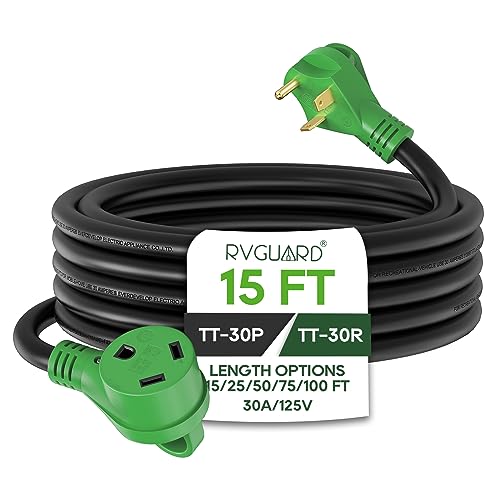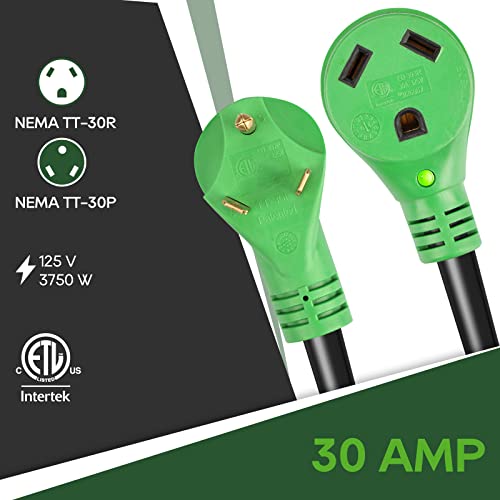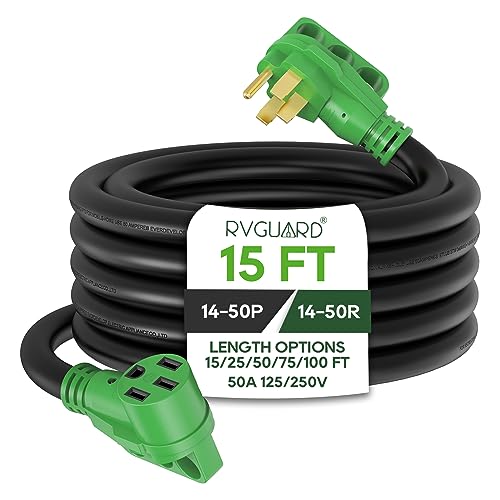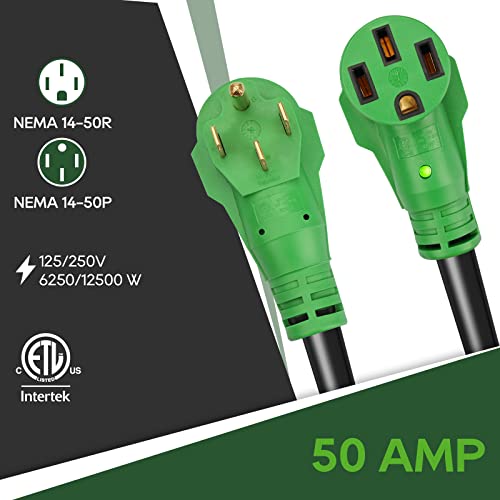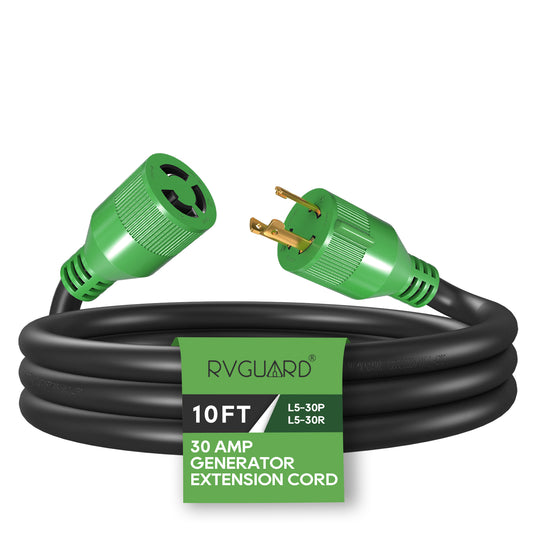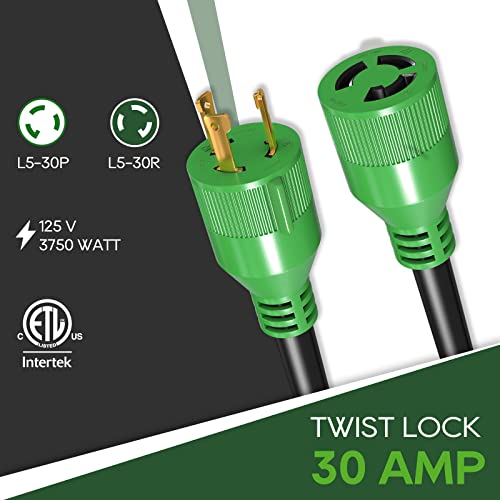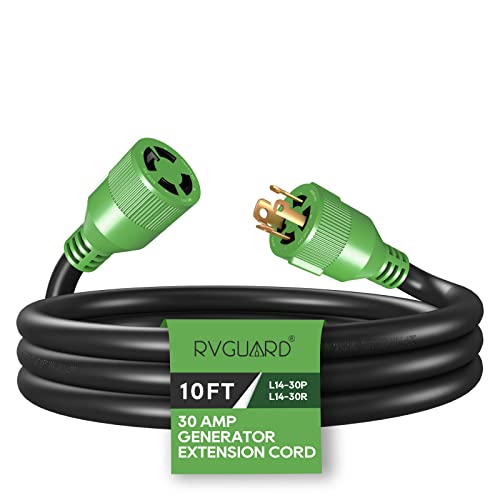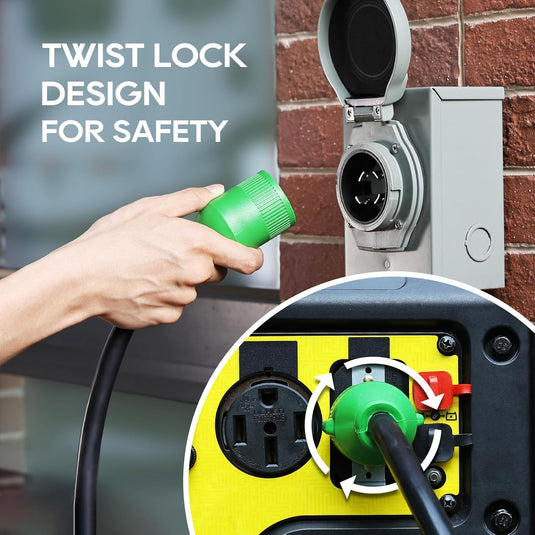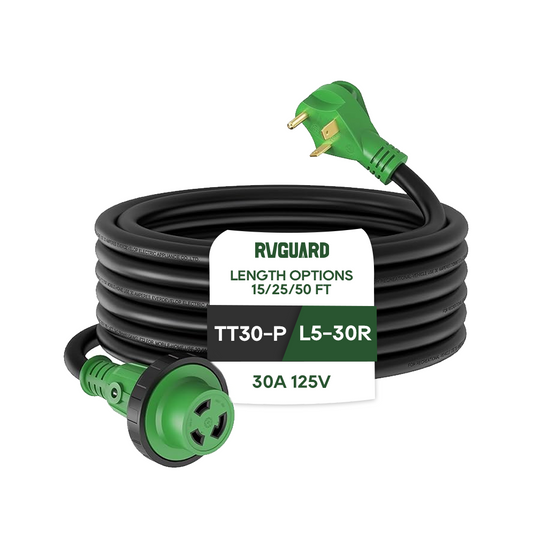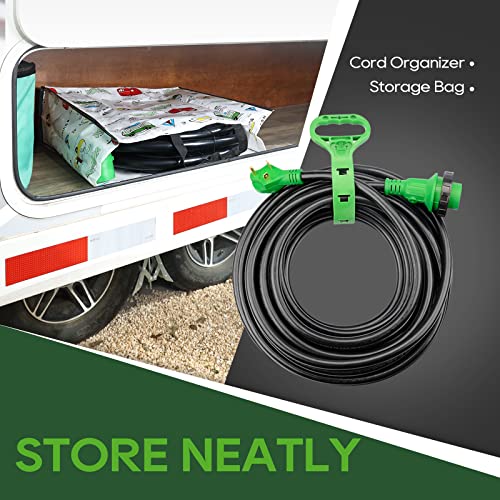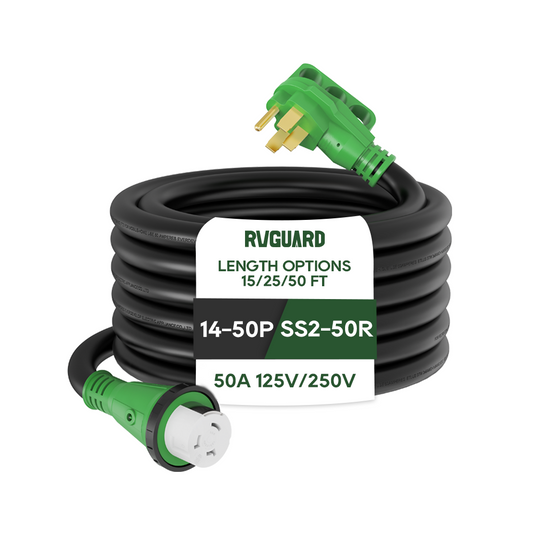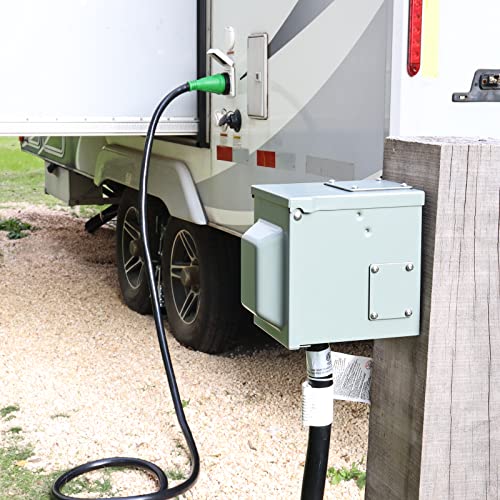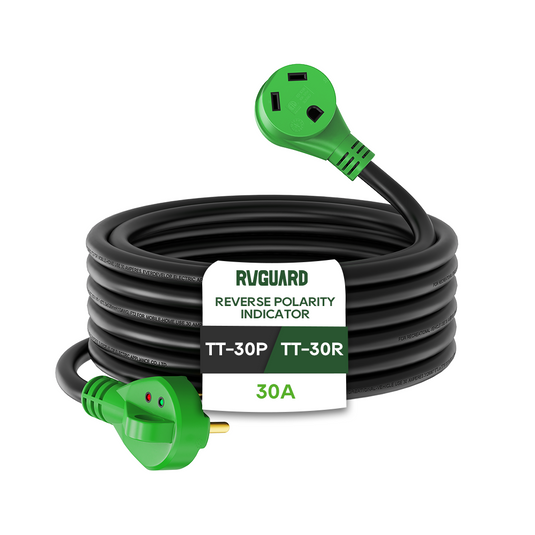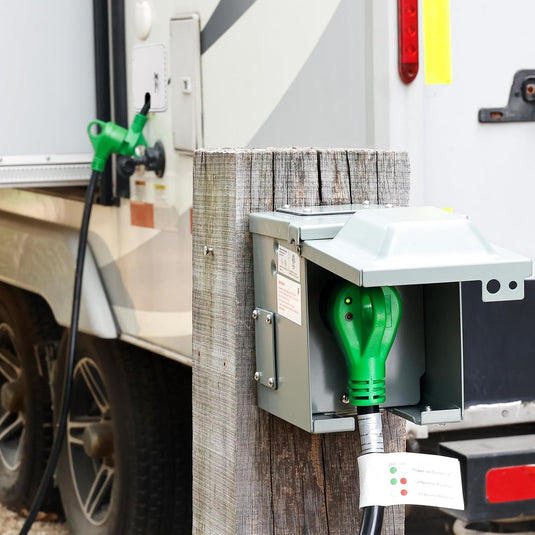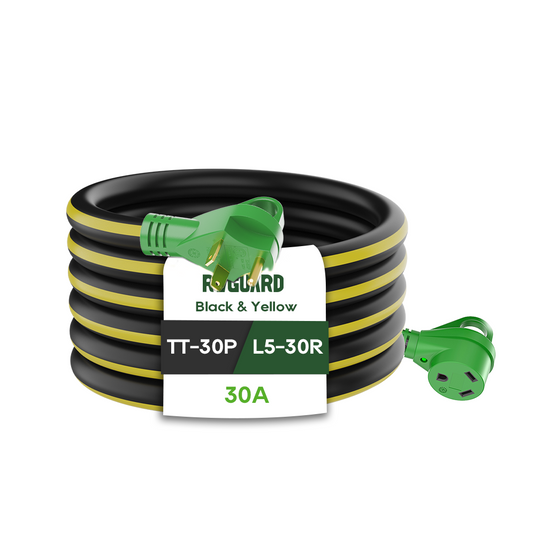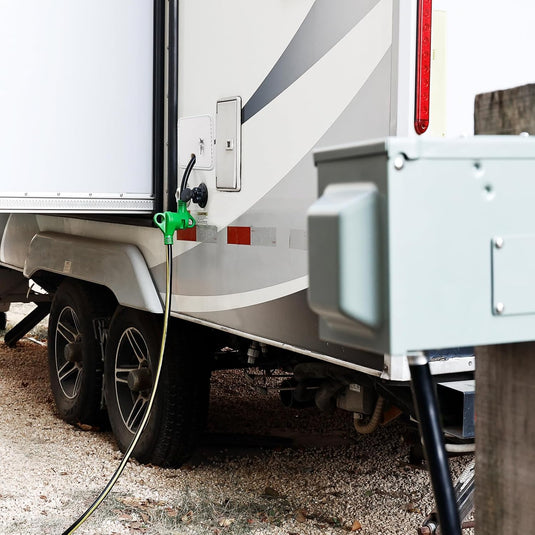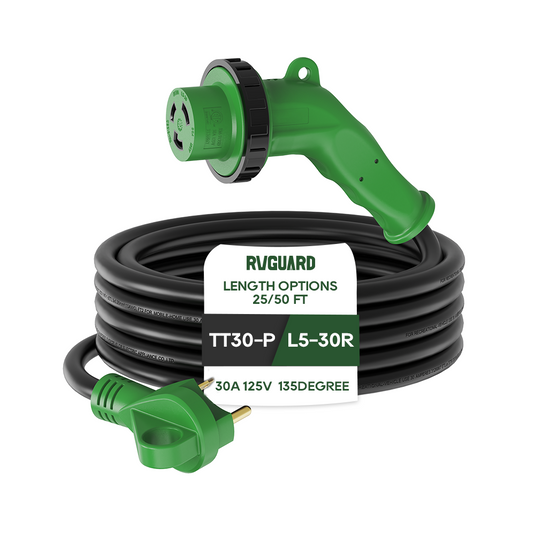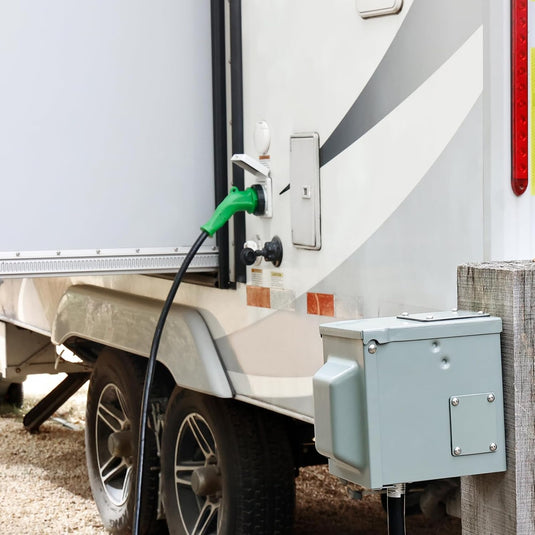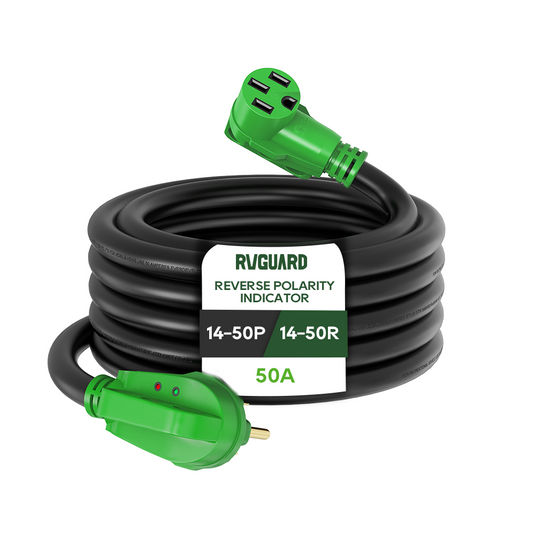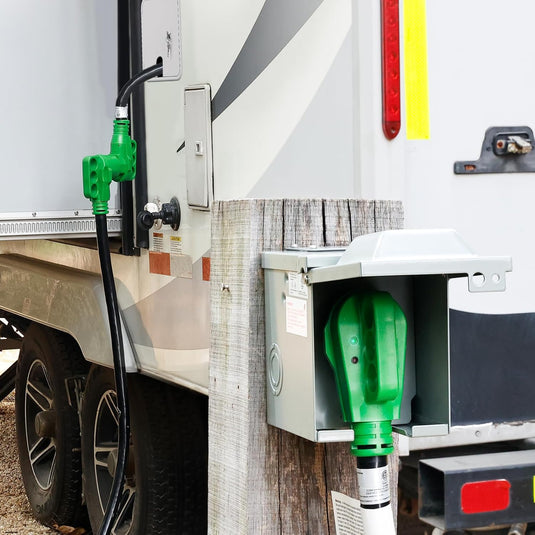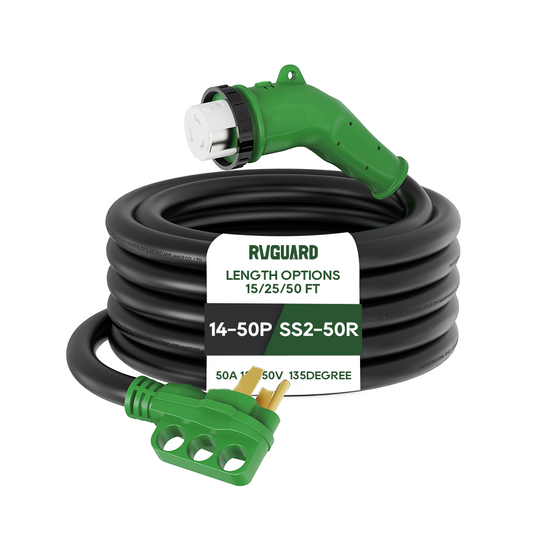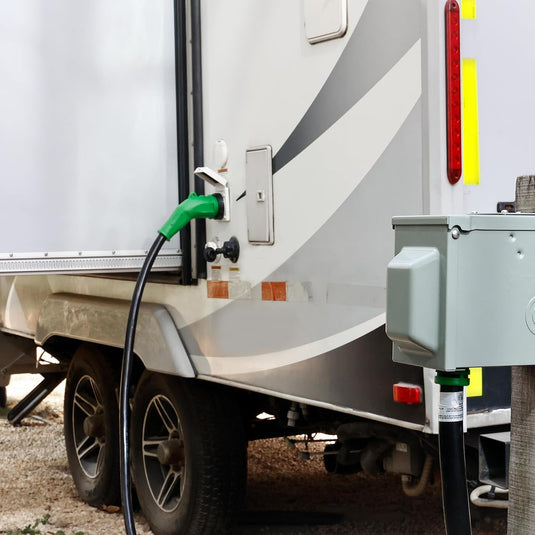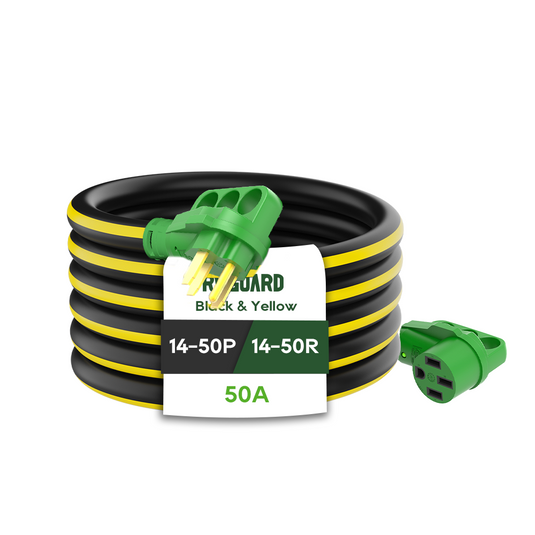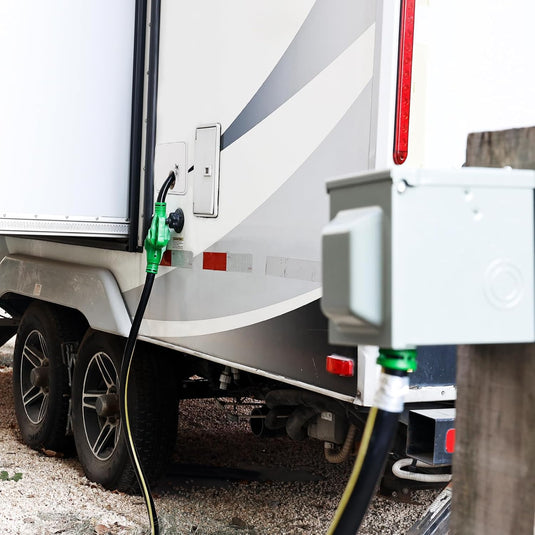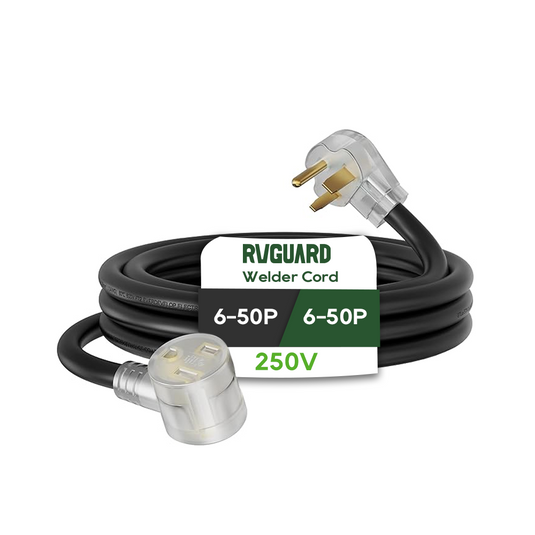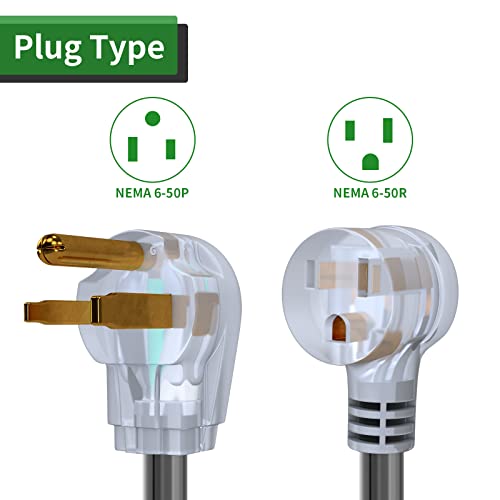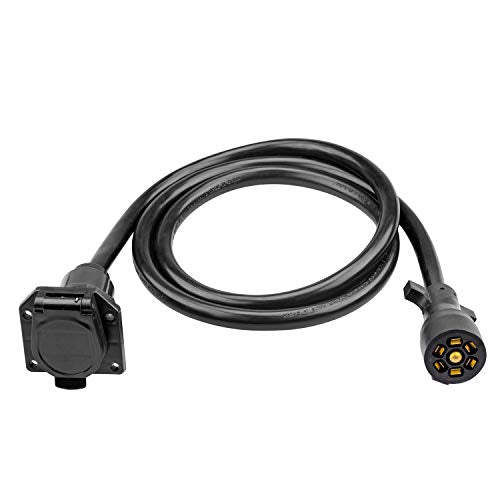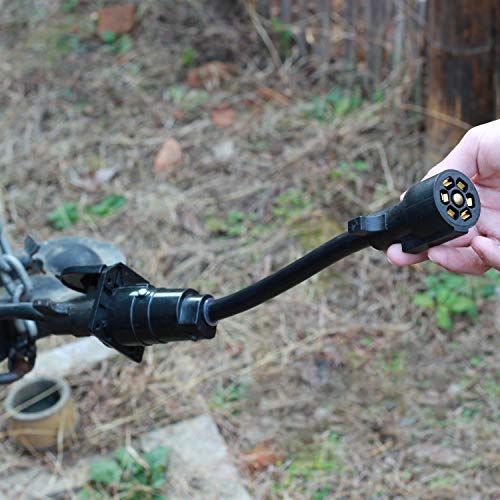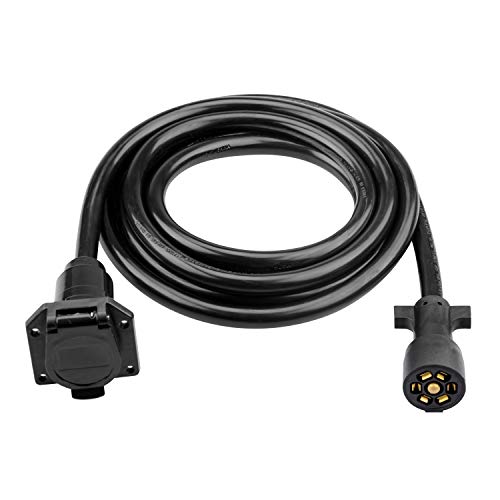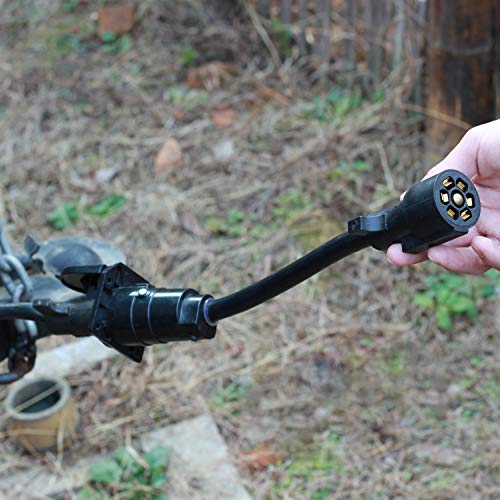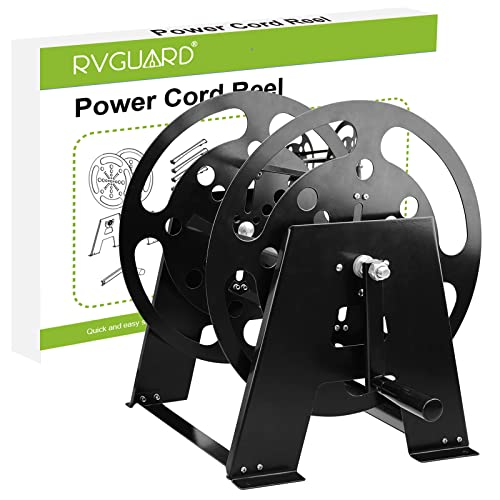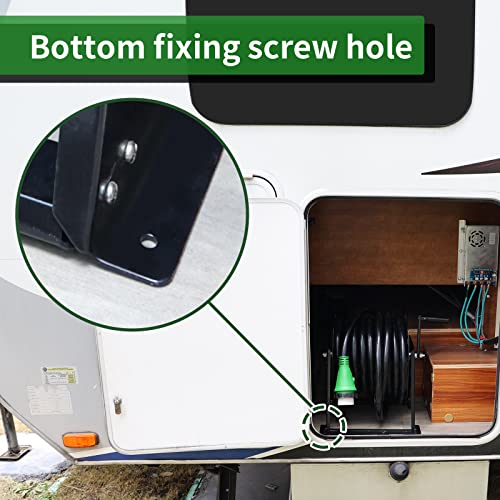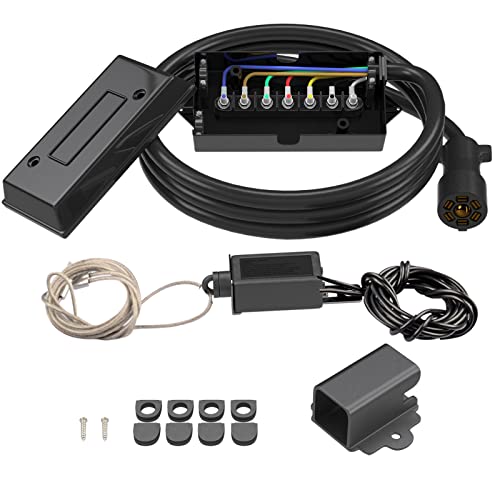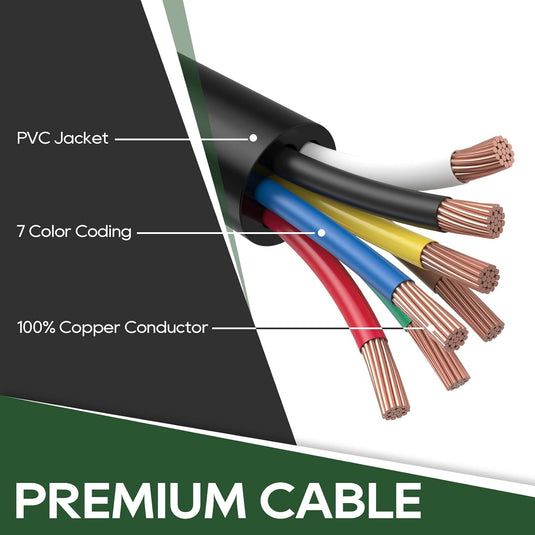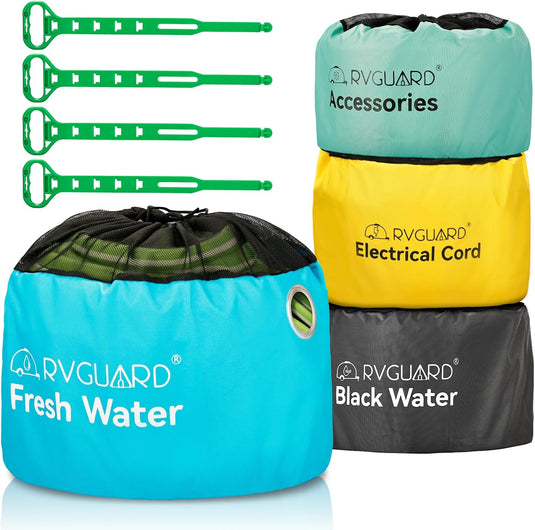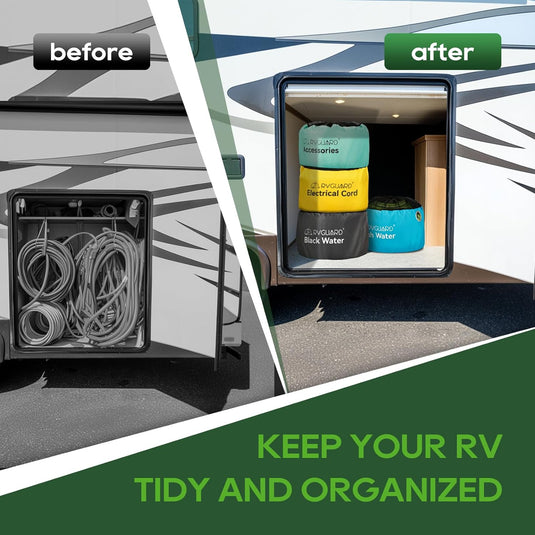
The RV Electrical Hazard Most Owners Ignore (Until It's Too Late)
As camping season heats up, so do the risks of RV electrical fires. Every summer, countless RV owners face dangerous power cord overheating situations that could easily be prevented. This comprehensive guide will walk you through everything you need to know about keeping your RV's electrical system safe in hot weather.
Why RV Power Cords Overheat More in Summer
A Cautionary Tale
Last July in Arizona, an RV owner nearly lost their trailer when their 30 amp RV extension cord melted from overheating. This frightening scenario happens more often than you might think - according to RV industry statistics, nearly 1 in 4 RV electrical failures stem from overheated cords, with 80% of cases involving substandard wiring.
The Science Behind the Danger
Three key factors combine to create summer electrical hazards:
- High temperatures + heavy loads - Running multiple AC units through your 50 amp RV power cord pushes electrical systems to their limits
- Inferior wiring materials - Standard heavy duty extension cords can't match the heat resistance of industrial-grade 10/3 or 6/3 gauge wiring
- Loose connections - NEMA-standard TT-30/14-50 connectors maintain contact pressure up to 5x better than generic plugs
4 Essential Strategies to Prevent Overheating
1. Choosing the Right Cord
For safe operation, your RV power cord should have:
- Proper wire gauge:
- 30 amp RV cord: 10/3 minimum
- 50 amp RV extension cable: 6/3+8/1 recommended
- Safety certifications (look for ETL/cETL marks)
- NEMA-standard connectors for secure contact
2. Proper Usage Guidelines
- Keep outdoor extension cord runs under 25 feet when possible
- Practice the "three-touch rule": Check plug temperature hourly
- Use weatherproof covers for RV electrical cord connections
3. Regular Maintenance Musts
- Clean contacts annually to prevent oxidation
- Inspect camper extension cord jackets for UV damage
- Replace any stiff or cracked wiring immediately
4. Emergency Protocols
If you smell burning plastic:
- Turn off power at source
- Unplug properly (never yank the cord)
- Use CO2 (not water-based) fire extinguisher if needed
Selecting Safe, Reliable Power Solutions - RVGUARD RV Electrical Cord Collection
Navigating the world of RV power can seem daunting, especially when faced with technical terms like "gauge." But understanding what gauge extension cord for RV is right for your setup is absolutely critical for both safety and optimal performance. Using the wrong cord can lead to frustrating power drops, appliance damage, or even dangerous overheating.
For 30 Amp Systems
Ideal for mid-size RVs running AC + refrigerator:
- Must-have features:
- 10/3 gauge 30 amp RV extension cord
- ETL certification
- Strain relief design
- Recommended: best 30 amp extension cord - NEMA TT-30P to TT-30R
For 50 Amp Systems
Required for large RVs and EV charging:
- Critical specifications:
- 6/3+8/1 gauge 50 amp RV cord
- Dual-voltage capability
- Tesla owners: Only use Tesla extension cord products rated for Level 2 charging

RV Electrical Safety Checklist
| When | Action Items |
|---|---|
| Before Purchase | Verify wire gauge, certifications, connector type |
| During Use | Monitor loads, check temperatures, keep connections dry |
| Ongoing Maintenance | Annual inspections, replace aged components |
Frequently Asked Questions
Q: My 30 amp extension cord looks fine but gets hot, why?
A: Hidden damage or corrosion inside the RV power cable can cause resistance buildup. Test with a multimeter.
Q: Can I use a regular electric cord for RV hookups?
A: Never! Standard outdoor extension cords can't handle 30/50 amp loads safely.
Q: What's better - 50 amp RV extension cord or 50 amp extension cord?
A: The RV-specific version has superior weather resistance and durability for mobile use.
By following these guidelines for your RV electrical cord system, you'll dramatically reduce fire risks and enjoy worry-free summer adventures. Remember: When it comes to RV power safety, prevention is always better than emergency repairs. Stay cool and camp safely!
Don’t Miss Out on Tips & Deals.
Be the first to know.

